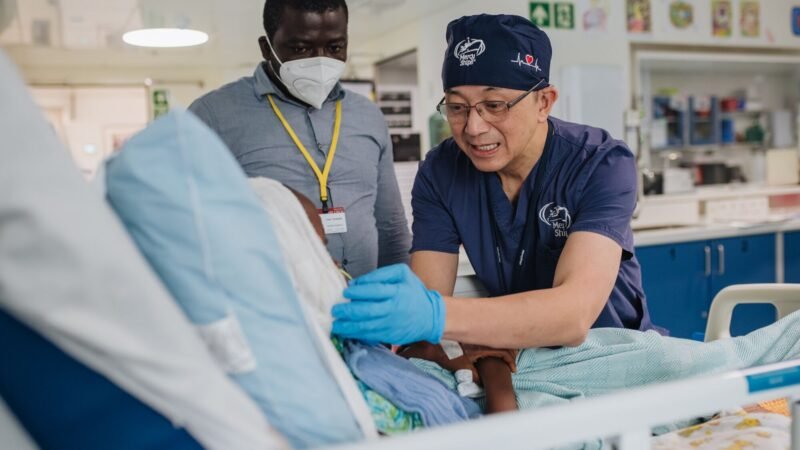Health group to Congress: Make PH tobacco tax high like SG’s
HealthJustice Philippines, a think tank and advocacy group with legal expertise in tobacco control and health promotion, acknowledged the gains of the sin tax law and urged the legislators to increase the taxes on tobacco products to “equal and even be higher than that those in Singapore.”
“f there’s anything we want to emulate from Singapore, it should be their high regard for public health, which is reflected in their high sin tax rates. We ask the Congress to increase tobacco tax so we can reap greater benefits from this effective health measure,” said Atty. Irene Reyes, Managing Director of HealthJustice.
This statement came following the announcement of the Department of Finance (DoF) that it was preparing a “healthy tax” package recommending tax increases on tobacco products and sweetened beverages. “Our excise burden for cigarettes are still one of the lowest in the world. In Singapore, it’s 90 percent,” Finance Undersecretary Karl Kendrick Chua explained.
In 2014, Singapore’s Ministry of Finance announced that the excise rate for every kilogram of cigarette would be $388 (38.3 cents for every gram), a significant increase from $352 (35.2 cents for every gram). Over the course of 20 years, the smoking rate has gone down from 18.3 in 1992 to 13.3 in 2013.
The sin tax law in the Philippines was passed in 2012. In June 2015, the Bureau of Internal Revenue reported that sin taxes generated P74.328 billion in revenues, higher than the 32.16 billion pesos in 2012.
According to Dr. Margaret Chan, Director General of the World Health Organization, “Raising taxes on tobacco products is one of the most effective – and cost-effective – ways to reduce consumption of products that kill, while also generating substantial revenue.”
“The World Health Organisation Framework Convention on Tobacco Control (WHO FCTC), which we ratified in 2003, recognizes that price and tax measures are very effective ways to reduce demand for tobacco products. Increasing sin taxes then could significantly avert the tragic reality that 240 Filipinos die every day from smoking-related diseases,” Reyes added.
- Kaspersky Lab helps uncover vulnerabilities on gas stations by hackers - February 12, 2018
- 26-percent of Ransomware Attacks now target business - November 30, 2017
- The Battle is on to Fight Human Immunodeficiency Virus (HIV) - November 27, 2017



